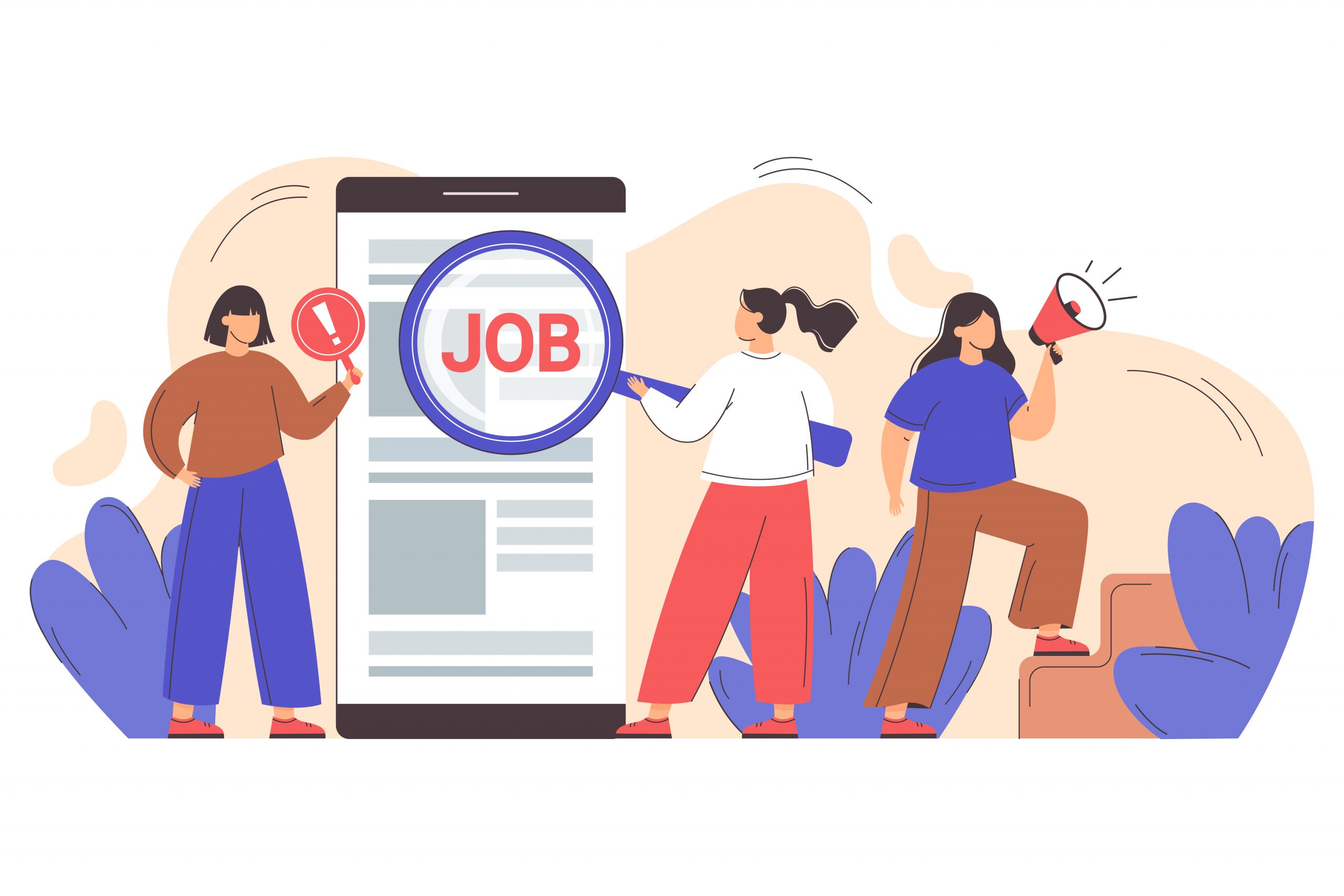The ideal resume length is often a point of confusion in the job application process. You might be asking yourself how long a resume should be in 2023, whether it should always be one page, or if more space is necessary for those with extensive work experience.
We have analyzed resumes from real users who secured positions at competitive companies like Spotify, Booking.com, Verizon Digital Media Services, Amazon, and Intercom to answer your questions about resume length. This guide provides insight, or you can use a PROVEN resume example tailored to your specific job position. This will make building your resume and identifying what works a breeze, and it’s free to use!
How Long Should Your Resume Be in 2023?
There isn’t a one-size-fits-all answer. The ideal resume length depends on the job description and your work experience. Generally, your resume should be one or two pages long. If you have over 10 years of relevant experience, a multi-page resume may be more suitable than a one-page resume.
However, if your resume spans multiple pages, keep a few considerations in mind.
Why Are There So Many Opinions About Resume Length?
There’s no definitive answer because hiring practices have evolved significantly. In the past, a one-page resume was strategically and economically preferable. Today, recruiters may lean towards two-page resumes. A study by VioResume found that hiring managers are 2.3 times more likely to choose a two-page resume over a one-page resume, regardless of the candidate’s professional level.
The key factor is relevance. Different recruiters and hiring managers have varying opinions on resume length. To address this, research the organization you’re applying to and identify common traits associated with resume lengths.
How Far Back Should a Resume Go?
The extent of your work history included in your resume depends on your career stage and experience. Your career stage will determine the ideal length of your resume, making it difficult to generalize the perfect answer. Consider the following guidelines:
One-Page Resume:
- Your experience isn’t industry-specific
- You only have experience in one or two companies
- You have less than 10 years of experience
- You work in an oversaturated market
- You want to cut down on paper use
- Your recruiter prefers a one-page resume
- You want to ensure the recruiter sees everything
- This is your first job or internship
- Your focus is on your skills, not previous experience
- You’re making a career change that requires robust industry knowledge
Two-Page Resume:
- You have robust technical knowledge
- You want to balance work experience and culture fit
- You’ve made a significant impact in your previous role
- You have experience the company isn’t aware they need
- You have extensive work and volunteer experience
- You have multiple relevant educations
- You’re applying for a mid-level position
- Certain sections are required on your resume
Three+ Page Resume:
- You’re applying to an industry-specific role (academia, etc.)
- You’re an executive or high-seniority professional
- You’re using a portfolio style
- You’re certain that HR wants the amount of detail you can provide in this many pages
Determining the Ideal Resume Length
To determine the ideal resume length, ensure your resume answers these questions:
- Who are you?(Focus on you career goal OR objectives)
- What relevant experience do you have? (Add previous experience roles, responsibilities & projects)
- Education and certifications including professional & skill development
- Your accomplishments and milestones from your previous workplaces
- Reference
By addressing these points, you’ll have a better idea of the ideal resume length while keeping the hiring manager’s perspective in mind.




